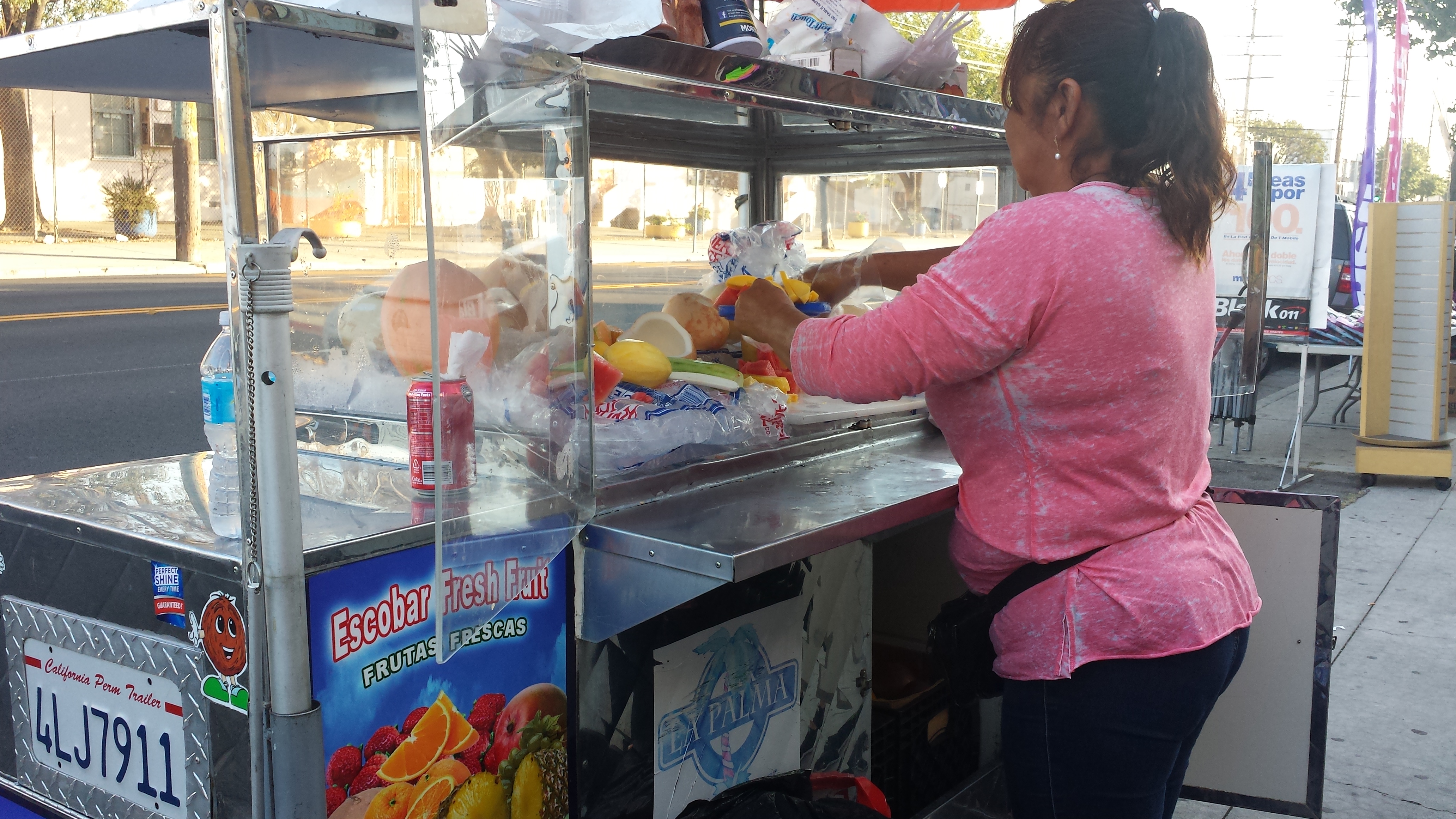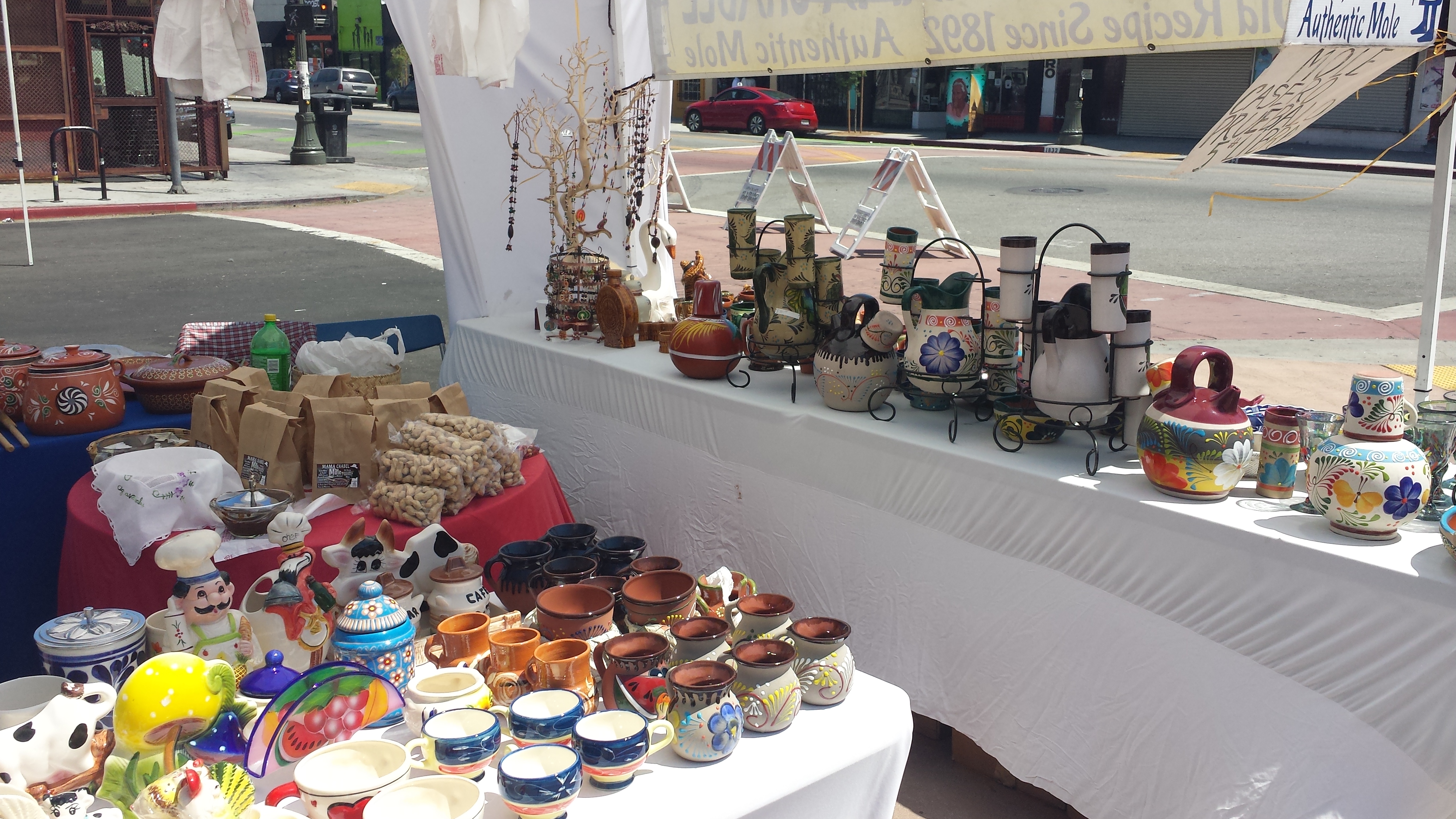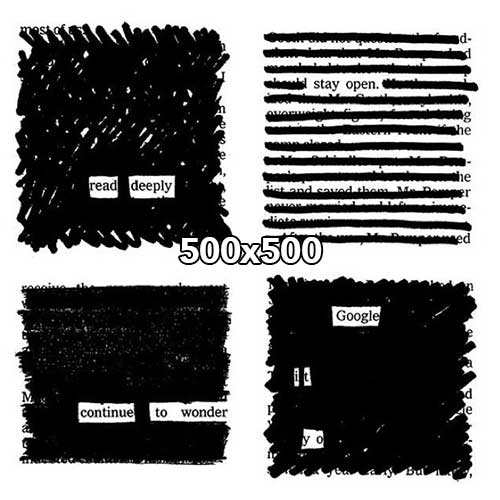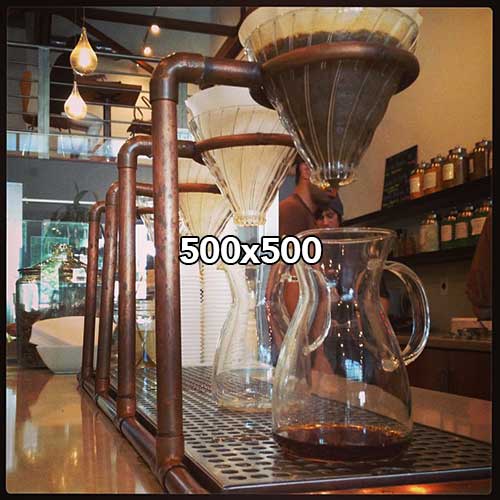
Journey to Legalization of Street Vending in Boyle Heights
Boyle Heights street vendors and the police department are working together towards legalization.
Street vending is a citywide issue and impacts the whole community. The street vendors setting up shop anywhere affect residents of communities like East L.A. and Boyle Heights because their carts sometimes create an eyesore.
On December 2, 2014, L.A. lawmakers took a step towards legalizing street vending. The plan is to create a framework for vendors to sell their wares and obtain city permits. The plan is still in the beginning phases, so it is unknown how this framework will work.
There is a lot of support from the vendors and organizations working on the campaign to legalize street vending. Even residents of the communities the plan will affect have shown their support.
There is some strong pushback from certain community members, mainly business owners and some residents. Business owners say that vendors are not following the law so they shouldn’t be given permits. Business owners say they pay their taxes, get licenses, have employees, etc. but street vendors simply set up anywhere on the sidewalk, sometimes right outside their doors, and take away customers. They question why the city is allowing vendors to set up in a public space and not required to pay taxes.
The Hollenbeck Police station in Boyle Heights has lots of experience with vendors in their community. They make a huge effort to educate vendors, businesses and the public that street vending is not legal and encourage vendors to get a license.
"Vendors don't care [about the laws] because they are there to make money. There's nothing wrong with that- they have an entrepreneurial spirit, which I admire and respect, but they still need to obey the law,” says Sergeant Guillermo Galvan of Community Relations at Hollenbeck station.
There are many people who look at vendors with sympathy but Sgt. Galvan says that it does not excuse vendors from not obeying the law. The main purpose of the police department is to ensure the quality of life is preserved for the residents of the community.
Boyle Heights tried to set up a space where vendors could go and set up for a fee. According to Galvan, vendors didn't want to pay the fee to set up shop, so they went elsewhere. Galvan says they learned that vendors don't want to be organized or confined; they want to set up wherever they want with not restrictions.
In a way, vendors are attempting to achieve the American Dream. They work hard and get creative with ways to make money, but the problem is their entrepreneurial ideas don’t follow the protocols in place, making their activities illegal.
A huge concern of community members is the health and sanitation standards vendors are not following set in place by the Health Department. All businesses working with food must pass the health standards set up by the Health department to legally operate their business. Street vendors simply set up and are mobile, so they tend to not follow those health safety standards. This can be dangerous for the customers who buy street vendors’ food products.
The Health Department inspects and seizes the cart or vehicle vendors are using if health codes are violated. They come in when they get reports of rats, feces or any unsanitary practices being used and decide if the vendor needs to be cited.
One member of the community, Maria Arteaga said, “I would love for them to legalize it [street vending]. Then I could set up my own food stand. But they need to find a may to keep it clean- there are too many vendors who aren’t properly storing their food products or touching money and food with one hand.”
Sgt. Galvan says that some vendors relieve themselves in a 50-gallon bucket to the side of their cart because there are no nearby restrooms for them to use. That is an unsanitary practice that could infect the food and cause damage to the consumers. This is why there are strict rules and regulations in place all establishments dealing with food must follow. Where vendors wash their hands and relieve themselves are huge concerns the Police and Health Departments have for the public's sake.
"Believe it or not, there are some folks who get public assistance and use these funds to purchase items to sell a product at 100 percent." These are some of the concerns Sgt. Galvan hears from some of the business owns and residents of the Boyle Heights community. Although this is not what the police department is citing vendors for.
Vendors who support legalization say they want to stop getting cited for operating their business. There are stories of police officers seizing vendors’ materials or products or citing them. Sgt. Galvan admits that he does not know the exact amount vendors would be fined if they were given a citation or how much it would be to post bail. He says their job is to enforce the law. But this is something that the police department should be more aware of because of how it negatively affects the vendors.
One positive note is that the police department is not concerns about the legal status of the vendors. Their only concern is protecting the quality of life for the residents of the community.
"We have a partnership with the community, so we work with them the best way be can to respond to their concerns," says Sgt. Galvan.
Street vendors work with community organizations like the East L.A. Community Corporation to find a way to meet the concerns of the community. Many vendors want to legalize it so they can stop fearing being cited and peacefully operate their businesses. Their main concern is continuing to have a job so they can provide for their families. The soon a plan is decided on in L.A. City Council, the sooner vendors can get a permit, pass Health inspections and continue making money.
 Street vendors set up on Mariachi Plaza to sell culturally significant Mexican products.
Street vendors set up on Mariachi Plaza to sell culturally significant Mexican products.



